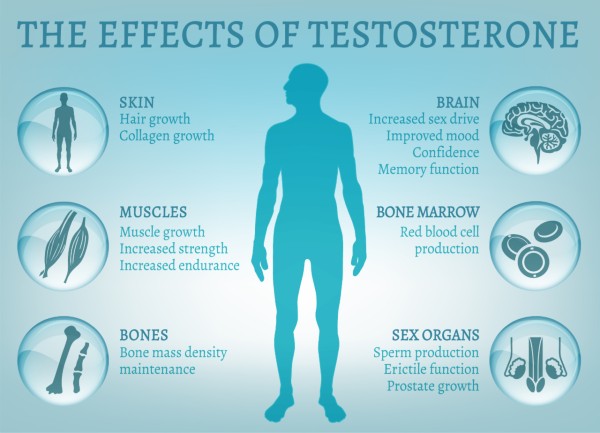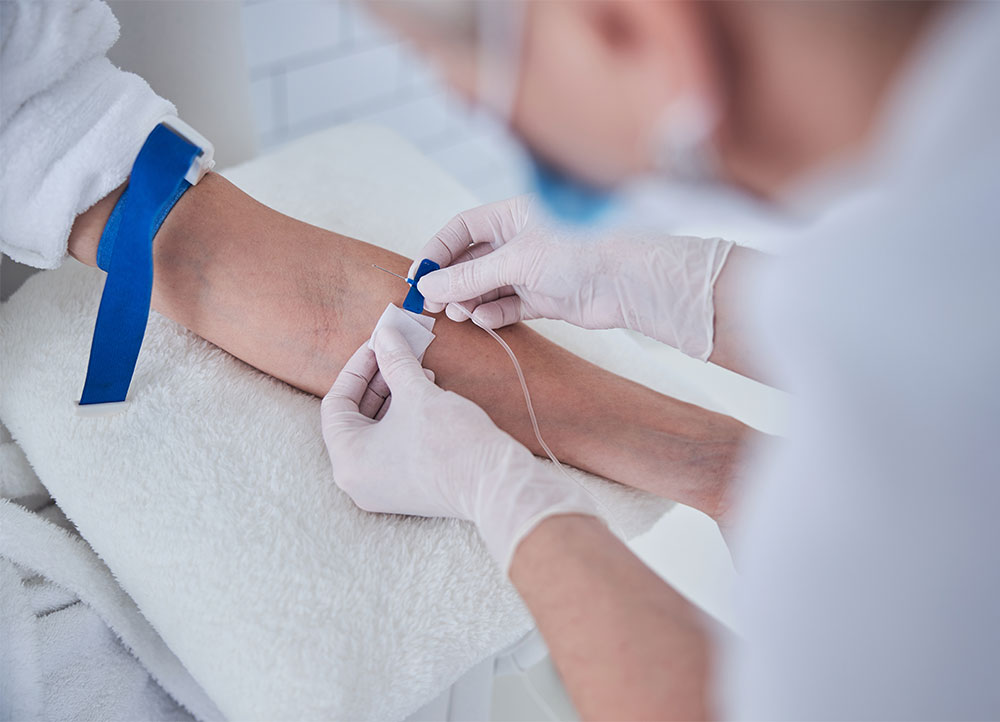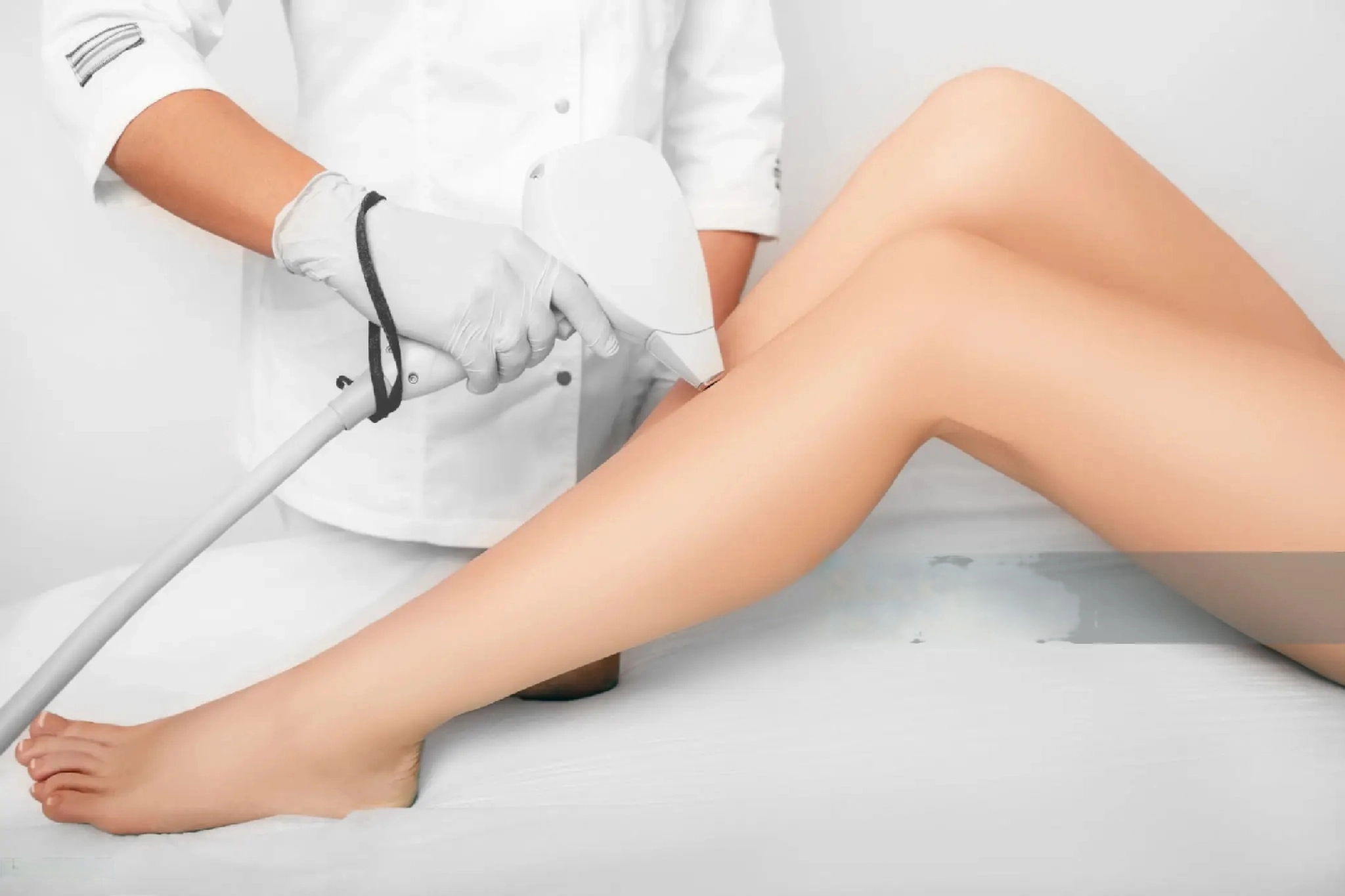Erectile dysfunction (ED) is a common condition that affects millions of men worldwide. While it is often associated with aging or psychological factors, the role of hormones in erectile dysfunction is a critical aspect that is sometimes overlooked. Understanding how hormones influence sexual health can provide valuable insights into effective treatment options. Let’s discuss the intricate relationship between hormones and erectile dysfunction and explore the various treatment options available.
Understanding Erectile Dysfunction
Erectile dysfunction is defined as the persistent inability to achieve or maintain an erection sufficient for satisfactory sexual performance. It can significantly impact a man’s self-esteem, relationships, and overall quality of life. The causes of ED are multifaceted, involving physical, psychological, and lifestyle factors. However, hormonal imbalances play a crucial role in many cases of erectile dysfunction.
Could hormones be the underlying cause of your ED? Hormonal imbalances are often overlooked, but they can be a significant contributor to erectile dysfunction. Let’s explore how hormones affect sexual health and what treatment options are available to address these imbalances.
The Role of Hormones in Erectile Dysfunction
Hormones are chemical messengers that regulate various functions in the body, including sexual health and reproductive function. Several hormones are involved in the process of achieving and maintaining an erection, and imbalances in these hormones can lead to erectile dysfunction.
1. Testosterone
Testosterone is the primary male sex hormone responsible for the development of male sexual characteristics, libido, and erectile function. Low testosterone levels, also known as hypogonadism, can contribute to erectile dysfunction by reducing sexual desire and impairing the physiological processes involved in achieving an erection.
- Symptoms of Low Testosterone: Men with low testosterone may experience reduced libido, fatigue, mood changes, and difficulty achieving erections. These symptoms can have a significant impact on sexual health and overall well-being.
- Testosterone and Erectile Function: Testosterone plays a vital role in the function of the penile tissues and the production of nitric oxide, a molecule essential for the dilation of blood vessels in the penis. Low levels of testosterone can reduce the availability of nitric oxide, making it more difficult to achieve and maintain an erection.
Is low testosterone affecting your sexual health? If you’re experiencing symptoms of low testosterone, it’s essential to have your hormone levels checked as part of your evaluation for erectile dysfunction.
2. Estrogen
While estrogen is commonly known as a female hormone, it also plays a role in male sexual health. In men, estrogen is produced in small amounts and is involved in maintaining the balance of testosterone. However, elevated levels of estrogen can disrupt this balance and contribute to erectile dysfunction.
- Aromatization: The process of converting testosterone into estrogen is known as aromatization. In some men, excessive aromatization can lead to high levels of estrogen, which may reduce testosterone levels and negatively impact erectile function.
- Impact on Erectile Function: High estrogen levels can lead to symptoms such as reduced libido, weight gain, and difficulty achieving erections. This imbalance can be particularly problematic in older men or those with obesity, as both conditions can increase aromatization.
Could high estrogen be contributing to your ED? If you’re experiencing symptoms that suggest a hormonal imbalance, addressing elevated estrogen levels may be a key component of your treatment plan.
3. Thyroid Hormones
Thyroid hormones play a crucial role in regulating metabolism, energy levels, and overall hormonal balance. Both hyperthyroidism (overactive thyroid) and hypothyroidism (underactive thyroid) can contribute to erectile dysfunction.
- Hyperthyroidism: Men with hyperthyroidism may experience symptoms such as anxiety, weight loss, and an increased heart rate, which can interfere with sexual function and lead to erectile dysfunction.
- Hypothyroidism: In contrast, hypothyroidism can cause fatigue, weight gain, and depression, all of which can reduce libido and contribute to ED.
Is your thyroid affecting your erections? Thyroid disorders are often overlooked in the evaluation of erectile dysfunction, but they can have a significant impact on sexual health.
4. Prolactin
Prolactin is a hormone produced by the pituitary gland that is primarily associated with lactation in women, but it also plays a role in male reproductive health. Elevated levels of prolactin, a condition known as hyperprolactinemia, can lead to erectile dysfunction.
- Causes of Hyperprolactinemia: High prolactin levels can be caused by pituitary tumors, certain medications, or other medical conditions. In men, elevated prolactin can suppress testosterone production and reduce sexual desire.
- Impact on Sexual Function: Hyperprolactinemia can lead to symptoms such as reduced libido, infertility, and difficulty achieving erections. Addressing elevated prolactin levels is essential for restoring sexual function.
Could prolactin be the problem? If you’ve been struggling with erectile dysfunction and other symptoms of hormonal imbalance, it may be worth investigating your prolactin levels as part of your evaluation.
Treatment Options for Hormonal Erectile Dysfunction
When hormonal imbalances are identified as the underlying cause of erectile dysfunction, targeted treatment can help restore normal hormone levels and improve sexual function. Here are some of the most common treatment options:
1. Testosterone Replacement Therapy (TRT)
Testosterone replacement therapy (TRT) is a common treatment for men with low testosterone levels. TRT can be administered through various methods, including injections, gels, patches, or pellets.
- Benefits of TRT: TRT can help restore normal testosterone levels, improve libido, enhance erectile function, and boost energy levels. Many men experience significant improvements in their quality of life with TRT.
- Potential Side Effects: While TRT is generally well-tolerated, it can have side effects such as acne, fluid retention, and increased red blood cell count. It’s important to work closely with a healthcare provider to monitor your response to treatment.
Could TRT be right for you? If low testosterone is contributing to your ED, TRT may offer a solution. Explore the leading expertise in testosterone replacement in Milford, MA with Urology Specialists of Milford. Their advanced treatments offer profound insights into the impact of TRT on muscle mass and physical performance.
2. Estrogen Blockers and Aromatase Inhibitors
For men with elevated estrogen levels, treatment may involve the use of estrogen blockers or aromatase inhibitors. These medications work by reducing the conversion of testosterone to estrogen, helping to restore a healthy hormonal balance.
- Benefits of Estrogen Blockers: By lowering estrogen levels, these medications can help improve testosterone levels and reduce symptoms of erectile dysfunction.
- Monitoring and Adjustments: Treatment with estrogen blockers should be closely monitored by a healthcare provider to ensure the correct dosage and avoid potential side effects.
Are estrogen levels impacting your sexual health? If high estrogen is a contributing factor to your ED, estrogen blockers may be an effective treatment option.
3. Thyroid Hormone Replacement
If thyroid dysfunction is contributing to your erectile dysfunction, treatment may involve thyroid hormone replacement therapy. This treatment helps to normalize thyroid hormone levels and improve symptoms associated with thyroid disorders.
- Hyperthyroidism Treatment: For men with hyperthyroidism, treatment may include medications that reduce thyroid hormone production or, in some cases, surgery.
- Hypothyroidism Treatment: Men with hypothyroidism are typically treated with synthetic thyroid hormone replacement, which can help restore normal metabolism and improve sexual function.
Could thyroid treatment improve your ED? If thyroid issues are contributing to your erectile dysfunction, addressing these imbalances can lead to significant improvements in your sexual health.
4. Treatment for Hyperprolactinemia
If elevated prolactin levels are identified as the cause of your erectile dysfunction, treatment may involve medications that reduce prolactin production, such as dopamine agonists.
- Medications for Hyperprolactinemia: Common medications used to treat high prolactin levels include bromocriptine and cabergoline. These drugs work by stimulating dopamine receptors, which inhibit prolactin production.
- Monitoring and Follow-Up: Regular monitoring of prolactin levels is essential to ensure that treatment is effective and to make any necessary adjustments.
Is prolactin treatment the key to resolving your ED? Addressing elevated prolactin levels can help restore normal sexual function and improve overall quality of life.
Conclusion
Hormonal imbalances play a significant role in many cases of erectile dysfunction, and understanding these underlying factors is crucial for effective treatment. Whether it’s low testosterone, high estrogen, thyroid dysfunction, or elevated prolactin, addressing these hormonal issues can lead to significant improvements in sexual health.
Urology Specialists of Milford is a trusted ED clinic in Milford, MA, offering expert care and innovative treatments to address hormone-related erectile dysfunction. Their personalized approach ensures comprehensive support for men facing this condition.
Let’s discuss your symptoms. Are you experiencing signs of hormonal imbalance? Understanding the role of hormones in erectile dysfunction can help you take the first step toward effective treatment and improved sexual health.










